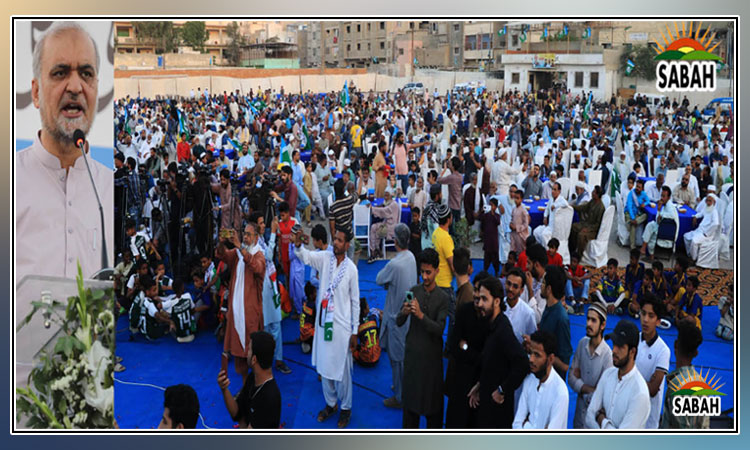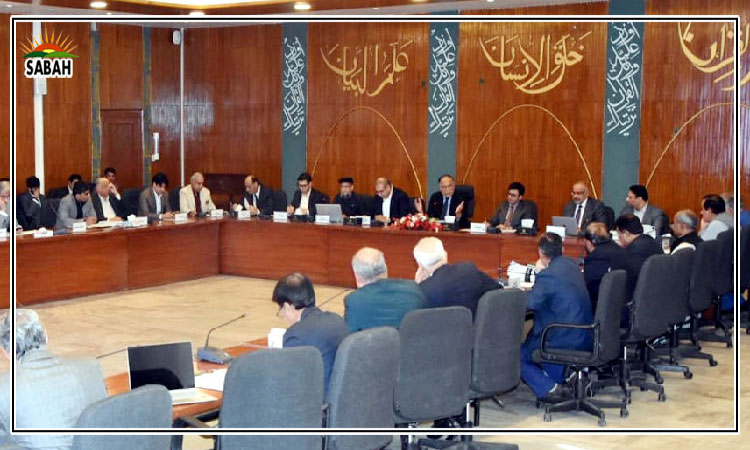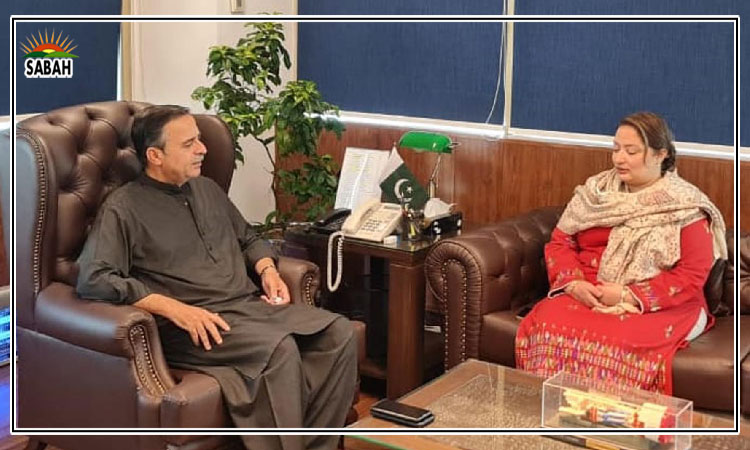Lactation & work…Hareem Sumbul Bari
WORLD Breastfeeding Week is upon us. Once again we see policymakers, institutions and communities step out of the void that breastfeeding support exists in all year and speak about it.
It’s good because at least it gets us talking without running to hide at the mere mention of ‘breast’. It’s not that good because a breastfeeding family is in that process for much longer than a week if they can help it. Some actual changes in policies — government and organisational — as well as focused community support would give us a lot more to talk about this week.
This year the governing theme is ‘Enabling breastfeeding: making a difference for working parents’. Maternity leave in Pakistan was 90 days of paid leave but the recent Maternity and Paternity Act, 2020, gives us 180 days for the first child, 120 days for the second and 90 days for the third child from the date of inception. It also has a clause for paternity leave. This comes as a great relief for working parents if they have been able to initiate breastfeeding and are to hold on to it for as long.
I often say that breastfeeding is natural but it may not come naturally to a new mother. It is indeed a skill that like any other needs to be learnt and taught. A few generations ago when breastfeeding was more common, learning mostly came by proximity to the action. That’s not the case anymore. The US has an initiation rate of over 90 per cent, but most barely make it to a few months of breastfeeding — mainly owing to their maternity leave of up to 12 weeks — and more commonly just a few weeks post birth.
Breastfeeding is not a one-person job.
Pakistan is teetering at the edge with a 15pc breastfeeding initiation rate despite our very strong religious and social inclinations to want to breastfeed. At this rate, most parents won’t be breastfeeding once they return to work. In order to enable breastfeeding for working families, we must ensure they’re breastfeeding in the first place. They need to be supported with lactation-trained and skilled professionals before birth and for as long as their breastfeeding journey lasts. Every medical practitioner they come into contact with should have at least a basic understanding of lactation so as to not inadvertently jeopardise the patient’s breastfeeding journey. Then perhaps we’ll have more parents returning to work and being able to continue to breastfeed. Having said that, many mothers even today are cut short in the effort, because of lack of support at work and home once their maternity leave ends. I cannot stress enough that breastfeeding is not a one-person job. It is the responsibility of the community to preserve it.
A mother returning to work before her breastfeeding journey ends will need to pump to maintain supply every three hours for around 10 to 15 minutes. Having worked in the corporate sector for over two decades even before having a child of my own, I clearly observed men taking longer and more frequent smoking breaks than that.
It is an easy win for any organisation to support their new mothers on board. All a mother needs is access to a comfortable, private room that isn’t a bathroom, and a 15-minute break every three hours. That’s not at all disruptive — if smoking hasn’t been for years!
Breast pumps can be imported tax-free in the US and most insurance programmes cover free provision. However, in Pakistan, it took the local franchisee of an international breast pump company months to even explain why a breast pump is not a luxury item. It is still taxed at over 50pc and is classified as a water pump instead of medical equipment. No health insurance plan covers it, which takes it out of the reach of the common man completely.
The FBR needs to re-evaluate its policies regarding the unfair taxes that take breastfeeding out of the game altogether for most parents. Misleading advertising of artificial nipples and breastmilk substitutes needs to be curbed as they lead to the cessation of breastfeeding.
We must provide more information to the masses on how best to support a mother going back to work, ranging from knowing breastmilk handling and storage protocols, having the correct tools to give the child expressed milk without compromising the latch, to moral support for a mother who is double-feeding.
For whoever is reading this, there is something in here each one of you can do to empower breastfeeding families and sustain a breastfeeding-friendly environment in work life. Whether it is getting them access to breastfeeding support while they’re pregnant or initiating policies wherever you have the power you can make those changes. Without everyone pitching in, breastfeeding cannot truly be supported and we are here to change just that.
The writer (International Board Certified Lactation Consultant) is a member of LCGB and ILCA and runs her lactation clinic online and at Sajid Maqbool Clinic Lahore.
Instagram:@Lactnation
Courtesy Dawn, August 5th, 2023












